This is the first-ever publication of the hitherto unknown diary of Sardar Patel’s daughter. Maniben generally accompanied Patel everywhere and was present with the Sardar at most of his meetings. She was therefore privy to what transpired in these meetings and also to Sardar’s views and innermost thoughts on various historic and sensitive issues which he often could not otherwise express even to his closest friends and colleagues. Then, too, having earlier spent many years looking after Gandhi, and possessed of high intelligence, Maniben understood both the context and the significance of the unfolding events and the dramatis personae of the times. The diary runs from 8 June 1936 till Sardar’s death on 15 December 1950, and is particularly detailed after Patel’s release from jail in 1945. It offers a wealth of often revealing, sometimes explosive details and insights into that defining period in India’s history which encompasses the country’s independence, partition, integration of the princely states, Gandhi’s assassination, and then the initial, crucial years of India’s self-governance, in all of which Patel’s was an indispensable, pivotal role. Maniben’s diary serves to highlight the deep regard Patel held Gandhi in and also his serious differences with Nehru on a host of issues, including Hyderabad, Kashmir, foreign policy, especially with regard to Tibet, Hindu-Muslim problems, particularly the problem of refugees who were being driven out from East Pakistan the Nehru-Liaquat Pact notwithstanding, and on corruption, socialism, centralised planning, Nehru’s autocratic style of functioning, etc. Indeed, Patel’s differences with Nehru were both ideological and deep-rooted. In addition, aware of Patel’s hold over the Congress party organization, Nehru considered Sardar as a rival who could dethrone him. Maniben’s diary, however, reveals that Patel had no such ambition, particularly after he had given his word to Gandhi. Upon the Patel-Nehru differences played many others, notably Rafi Ahmed Kidwai, the socialists, and even Maulana Azad. The diary reveals their manoeuvrings to oust Sardar from the Cabinet. Significantly, Nehru consistently ignored the many allegations of corruption against Kidwai, a fact which puzzled many Congress leaders. On his part, Kidwai once boasted: "if Jawaharlal joins (the Congress Working Committee) without me, I will blackmail him". The book also highlights differences between Sardar Patel and Maulana Azad, particularly with regard to Maulana’s secret dealings with the Cabinet Mission and later in respect of the Hind-Muslim problem. Sardar Patel emerges from the diary as a man of action and unbending will, singularly focussed on service to the nation, capable of putting the bigger cause above his own, forthright and blunt, and a man of honour who repeatedly set aside his own ambitions upon the request of his mentor. The book also contains a simple, touching estimation of her father by Maniben, as also a comprehensive biographical sketch of Maniben Patel herself. Maniben Patel’s diary both fills in and fleshes out some of India’s most epochal years, and those of one of its tallest leaders. As such, its importance and value for both the scholar and the inquiring citizen can hardly be exaggerated.
Thematic Volumes on Sardar Vallabhbhai Patel: Kashmir and Hyderabad
This is the first volume in ...
$18.90
$21.00

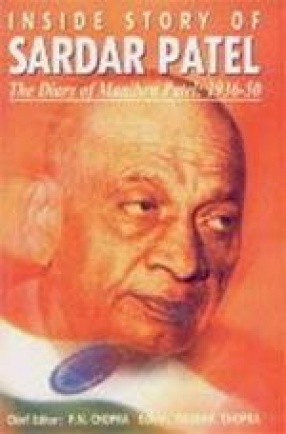
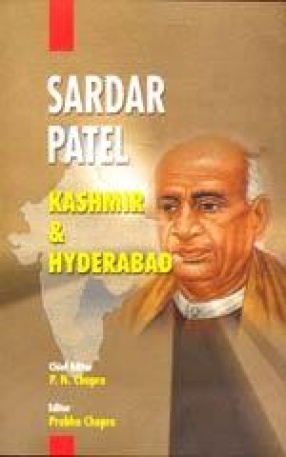
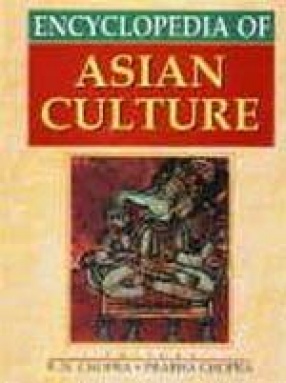
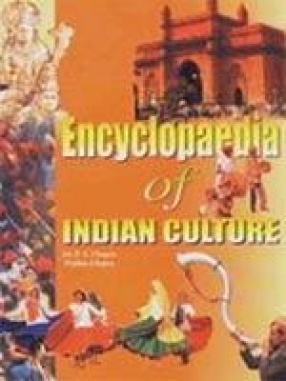
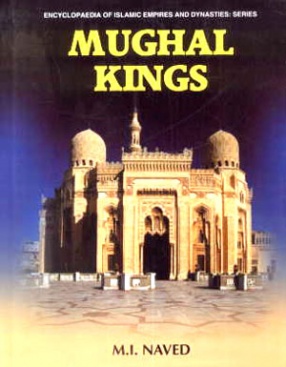
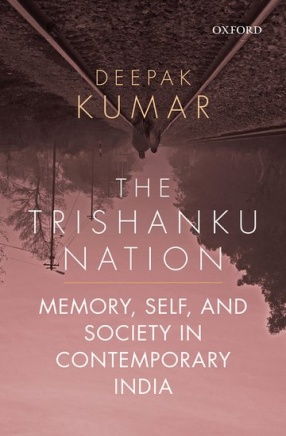

There are no reviews yet.